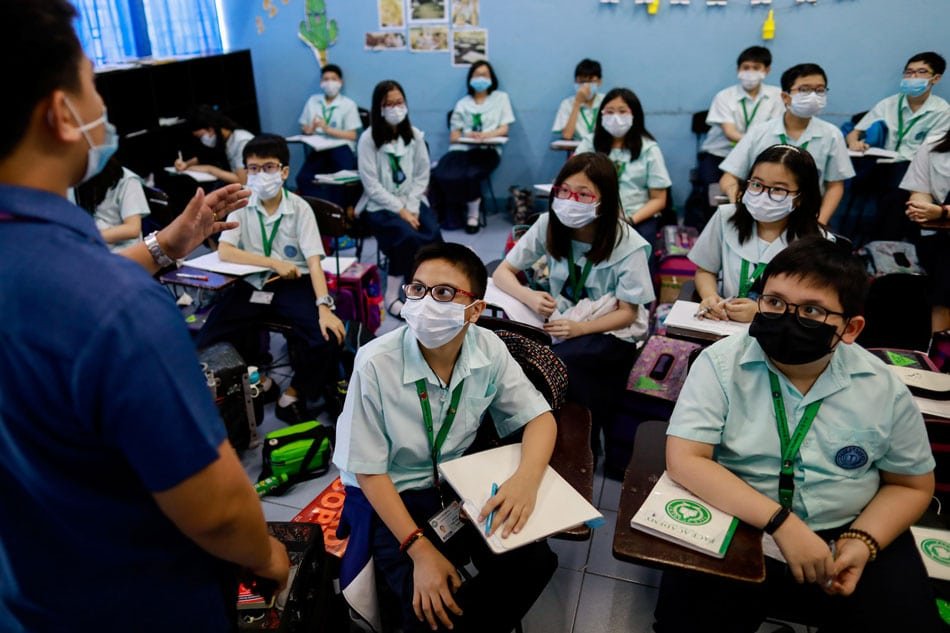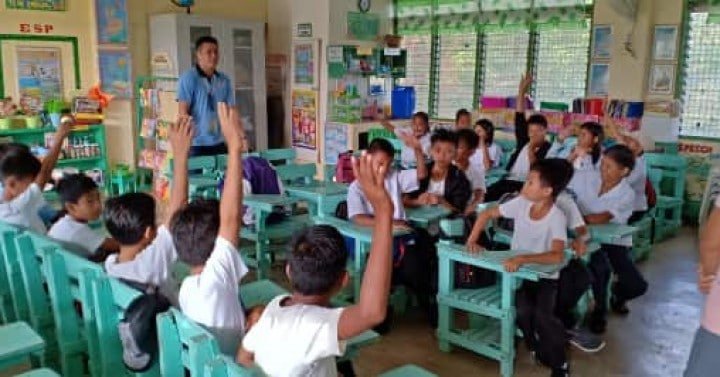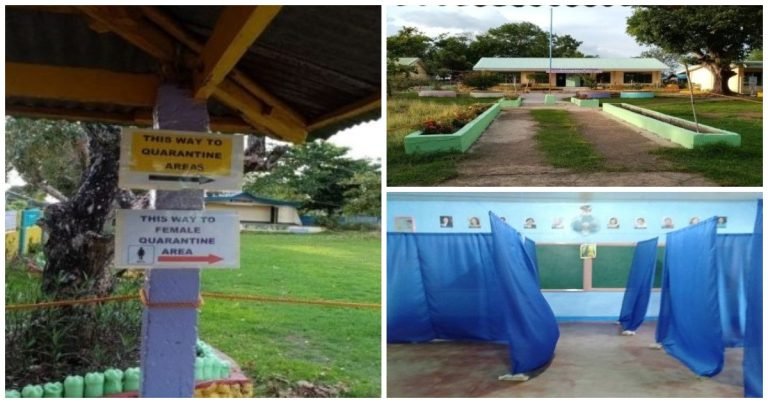The Department of Education (DepEd) eyes smaller class size next year, to help combat the threat of COVID-19. However, this will prove more difficult to implement, particularly with the perennial problem of classroom shortage in the Philippines.
To solve that, the DepEd plans to provide alternative modes of learning for all students from grade school to high school, with the use of technology and paper-based activities.
Smaller Class Size as Anti-COVID Measure
Based on recommendation by the Inter Agency Task Force (IATF) against the coronavirus disease 2019 (COVID-19), the opening of classes might be moved to late September.
Though the final date is still subject to debate, the IATF and Senate Committee on Basic Education chair Sherwin Gatchalian want to make sure that social distancing and other anti-COVID measures will be implemented. This means having only 15 to 20 students per classroom. That number is much lower than the usual classroom population in schools across the Philippines.

Photo credit: ABS-CBN News
But with the children’s health being the primary concern, adjustments would have to be made.
“Unang-una, ine-expect natin na pagdating sa school opening natin ngayong pasukan, maliliit ‘yung classes natin, primarily dahil kailangan natin ‘yung strict social distancing measures. We expect na magkakaroon lang ng mga 15 to 20 students bawat klase pagdating nitong upcoming school opening,” explained Abram Abanil, DepEd’s Director for Information and Communication Technology Services.
Alternative learning options will also be provided for the students who are capable of staying at home instead of going to a physical school.
“Ang ibang mga bata, ine-expect natin na du’n na sila sa bahay. Hindi naman sila nandu’n lang bahay para walang gawin; kailangan din silang mapagtuloy sa kanilang mga pag-aaral,” Abanil said.
“Bawat linggo, magkakaroon ng e-book for each grade level and each subject area. Ine-expect namin, kailangan namin mag-produce ng mga 60 e-books for each week.”
The e-books will be uploaded on the DepEd website. But this alternative type of learning will need parents’ cooperation. Because the students will not be going to their physical schools, their parents and guardians will be their teachers at home.

Photo credit: Philippine News Agency
“Tayo ang pangunahing mga guro sa ating mga tahanan. Mahalaga na kunin natin ang pagkakataon na ito para lubos na makilala natin ang ating mga anak,” urged Abelardo David, the Executive Director of the Independent Living Learning Centre (ILLC).
“Kailangan tanggapin ng mga magulang na sila ay therapists at teachers sa bahay. Tayo rin po ay mag-establish ng practical at functional routine, hindi ‘yung hahayaan lang natin sila.”
Under the ‘new normal’, this kind of setup would have to be implemented. The ILLC is coordinating with the DepEd to also work on an individualized education program (IEP) to address the needs of students with special needs.



